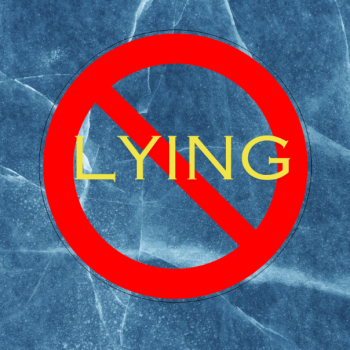Having irritated atheists last time, I now want to turn to Christians. The vast majority of them, including the most highly regarded theologians, still resist Rousseau’s basic insight concerning religion and the state. It is this: the state needs common values that its citizens can agree on (what in The Social Contract he calls a “civil religion”). Christianity, in its traditional forms, cannot be this civil religion, as opinion is so divided over its doctrines, and because there are many who do not believe in it at all. The modern state rightly moves away from traditional religion as its source of ideological unity, in favour of post-religious humanism (equality, rights). Christians should accept, indeed affirm, this shift, seeing secular humanism as an indirect expression of Christian values. Instead, conservative theologians (including postmodern “radical orthodox” ones) think it brave to oppose secular humanism, to paint it as a threat. This only makes communication of the gospel harder.
But, of course, Christians cannot simply affirm secular humanism (they wouldn’t still be Christians if they did). They should also warn that it has a deficient understanding of human life; part of this is its implied belief in natural human goodness. Rousseau is rightly seen as a key exponent of this belief. He adapts the Christian idea that humanity is made in the image of God and is therefore good, detaching it from the wider narrative of human fallibility and dependence on God’s grace.
Of course, he does not entirely deny human fallibility, error and capacity for evil. But he treats it as inessential: something that can be understood and moved away from – through trust in the wisdom of the human heart.
Read the rest here















